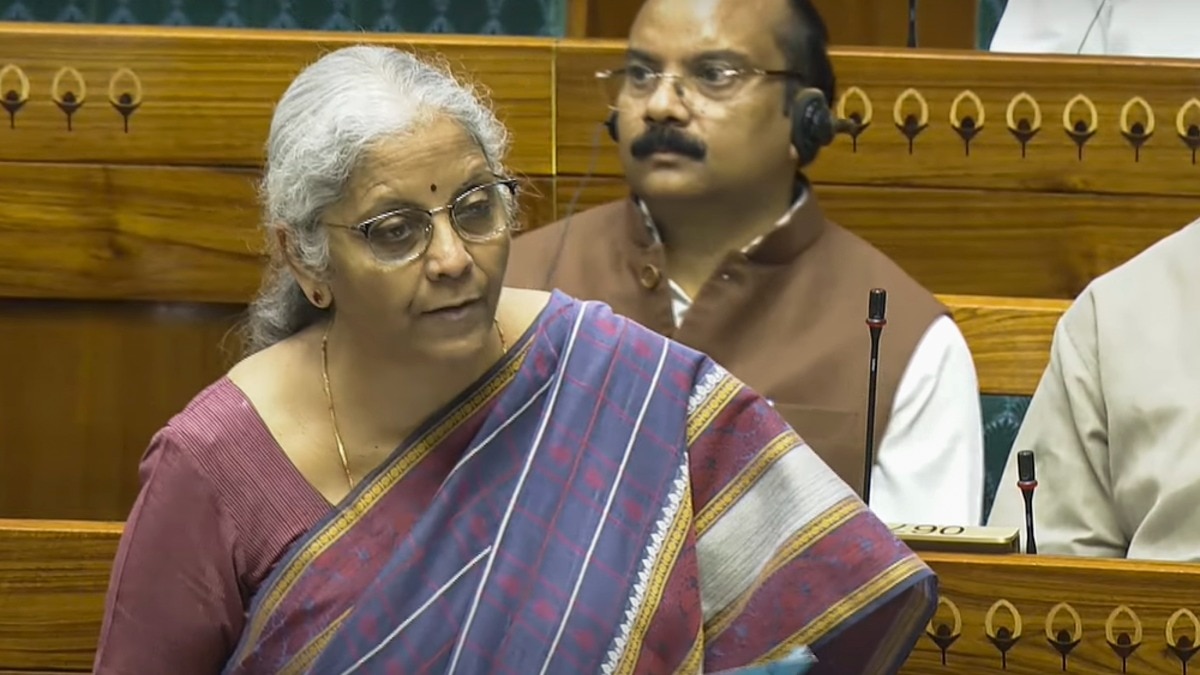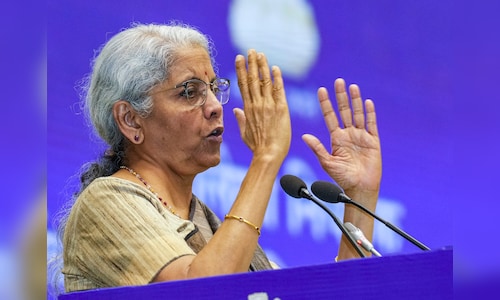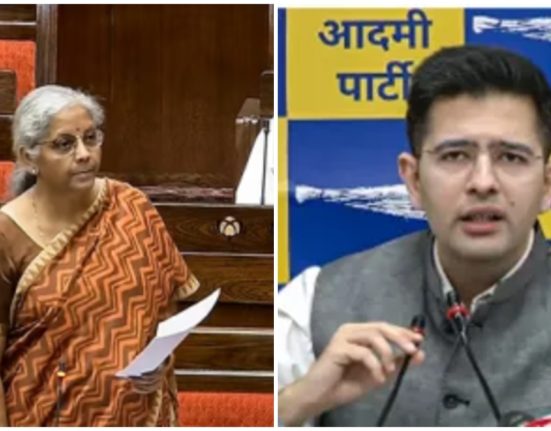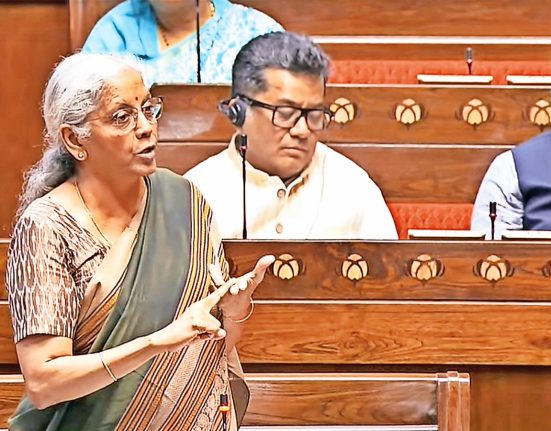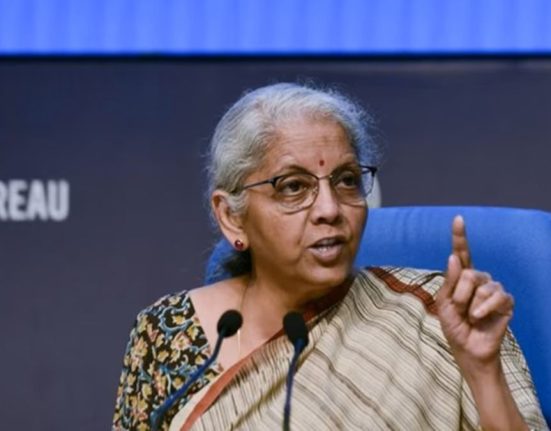Finance Minister Nirmala Sitharaman today introduced the revised Income Tax (No. 2) Bill, 2025 in the Lok Sabha, aiming to modernise and replace the Income Tax Act of 1961. This move comes after the original bill, introduced in February 2025, was withdrawn following recommendations by the Select Committee chaired by Baijayant Panda.
The government cited “corrections in drafting, alignment of phrases, consequential changes and cross-referencing” as reasons for withdrawing the initial bill and preparing the Income Tax (No. 2) Bill, 2025. The new bill is designed to consolidate and amend existing income-tax laws for greater clarity and accuracy.
The revised bill incorporates “almost all of the recommendations of the Select Committee,” according to Sitharaman. The updated legislation is intended to not only replace the existing law but also address stakeholder suggestions for clearer legal definitions. Key provisions include a digital-first, faceless assessment framework to simplify compliance and minimise corruption risks.
A significant feature of the reform is its focus on creating a simplified and litigation-resistant direct tax code. This initiative aligns with the Indian government’s broader strategy to streamline legal frameworks and improve public understanding of tax obligations.
Parliamentary Affairs Minister Kiren Rijiju supported the decision to withdraw the original bill, explaining that the new draft incorporates over 285 recommendations, including 32 major ones. “When a parliamentary committee submits a report with several proposed amendments, and many are accepted, the standard practice is to withdraw the original bill and introduce a revised version,” he stated.
Rijiju also emphasised the procedural efficiency of the new approach, noting, “Withdrawing and reintroducing the Bill saves time and ensures procedural efficiency.” These changes promise to make tax laws more accessible while maintaining robust regulatory oversight.
Among the key provisions, the revised bill limits anonymous donations solely to religious trusts that do not engage in additional social services. It also allows taxpayers to claim TDS refunds post the ITR filing deadline without penalties and mandates that tax officials issue notices and invite responses before taking action.
The Select Committee’s extensive input has been crucial in shaping the new bill, aiming to provide clarity and efficiency in legislative procedures. The committee’s recommendations were aimed at addressing both current and future challenges in tax administration, thereby aligning with global best practices.

